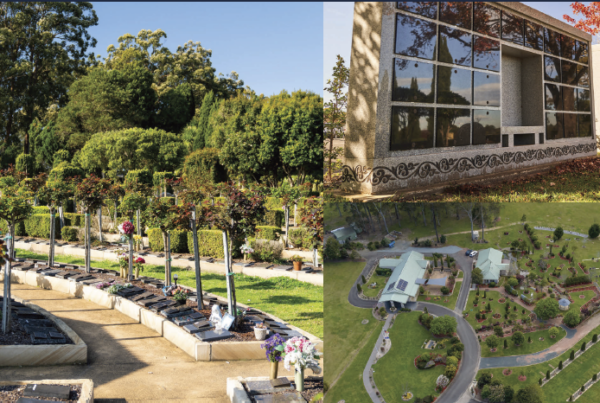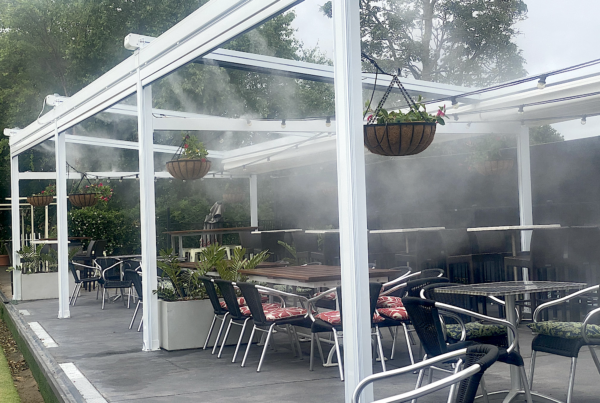Need to move to residential aged care but don’t know where to start? With over 25 years’ experience as a financial planner, Derek Armstrong, CEO of Aged Care Financial Advisors, has seen families struggle through the maze of personal and financial decisions to be made.

“It can be daunting,” says Derek, “but early planning and good advice can minimise the stress for you and your family.”
When individuals start investigating the ins and outs of aged care services, they discover it’s not a simple process. There is a lot of information. There are a lot of choices to be made. There is a lot of fine print that impacts how you arrange your affairs as well as fear, worry and overwhelm for families concerned about making a rushed and costly mistake.
Make shared decisions
“Our number one piece of advice for families is to plan early,” says Derek. “The best way to kick off the planning process is to hold a family meeting to make some shared decisions.”
At this meeting, Derek recommends:
- Discussing options and preferences for aged care
- Exploring each person’s concerns
- Deciding who in the family needs to be involved in any planning
“Frank and open discussion is the first step to an effective decision-making process.”
In home or residential service?
The next thing to consider is the type of care that is needed – in your home or in a residential service. To help you decide which option is best, a free assessment can be arranged by an aged care assessment team or service (ACAT/ ACAS).

“You will need to have ACAT/ACAS approval before you can access government subsidised services.” Derek adds.
When residential care is needed, it is important to think about what’s essential to you in deciding where to live. Making a list that includes specifics about location, amenities and your health care needs is a sensible next step.
“These essentials will help you develop a short list of potential services you might like to contact or visit,” says Derek. “Don’t forget to first check what fees will be asked for accommodation to ensure it is affordable for you.”
Understanding your costs
“Understanding the costs involved is another really important piece of the puzzle that worries families,” Derek continues. “Residential care costs are divided into contributions towards accommodation, care and additional services.”
How much you pay may depend on:
- The service you choose
- Your assessable assets
- Your assessable income
The total payable can be hard to calculate without good advice.
“The first cost in the equation to understand is the accommodation payment. This is a contribution toward the cost of the land, buildings, and maintenance. You can choose to pay a lump sum (RADS) or a daily payment (DAPS) or a combination,” notes Derek.
Refundable accommodation deposits (RADS) are paid as a lump sum. The amount you pay is fully refunded when you leave unless you ask for other fees to be deducted from the RAD or you have outstanding fees when you leave. Repayment is guaranteed by the Federal Government if paid to an accredited aged care service.
Daily accommodation payments (DAPS) are like paying ‘rent’ or interest on any unpaid RAD.
“You will also be asked to contribute toward the cost for your daily care through a fixed fee.”
This fee can be calculated in one of two ways. Either:
- Basic daily fee at a rate of 85 per cent of the basic single age pension.
- Means-tested fee is payable if you have income and assets over specified thresholds. This amount is limited by an annual cap and a lifetime cap.
“An aged care financial adviser can explain the fees and calculate an estimate of what you may be asked to pay,” says Derek.

Depending on your assets and income, concessions on accommodation payments may be available. “There are a few things to consider here. While you can be assessed by Centrelink and approved for concessions before you accept a place, I cannot stress the importance of accessing your financial options before taking this step.”
“Completing a comprehensive review of your financial situation will ensure you can create sufficient cashflow and maximise your estate. Another really important step we would recommend is booking in some time with a certified, aged care financial advisor. They are across all the specific details and can explain how different options affect how you fund your aged care plan,” says Derek.
Key Financial Decisions to consider before moving to residential care:
- What should you do with your family home?
- Is it best to pay a RAD or DAP for accommodation?
- How is your Centrelink / Veterans Affairs’ pension affected and can this be improved?
- What are the best investment options for any surplus money?
- How to manage any taxation implications?
- What are the implications to your estate?
Consider a qualified aged care financial adviser
As part of the process, a qualified aged care financial adviser will develop an appropriate strategy to help you make key financial decisions. This will include advice on how to structure assets to pay for accommodation, as well as create sufficient cashflow. This may also include strategies to minimise fees or maximise Centrelink or Veterans Affairs benefits.
“When you start the planning process early – you give yourself the best opportunity to get the aged care and lifestyle you want. And the secondary benefit is when the time comes to make the move to residential care, it is stress free for you and your family,” reassured Derek.
To make an appointment, call our team on 1300 554 393.










